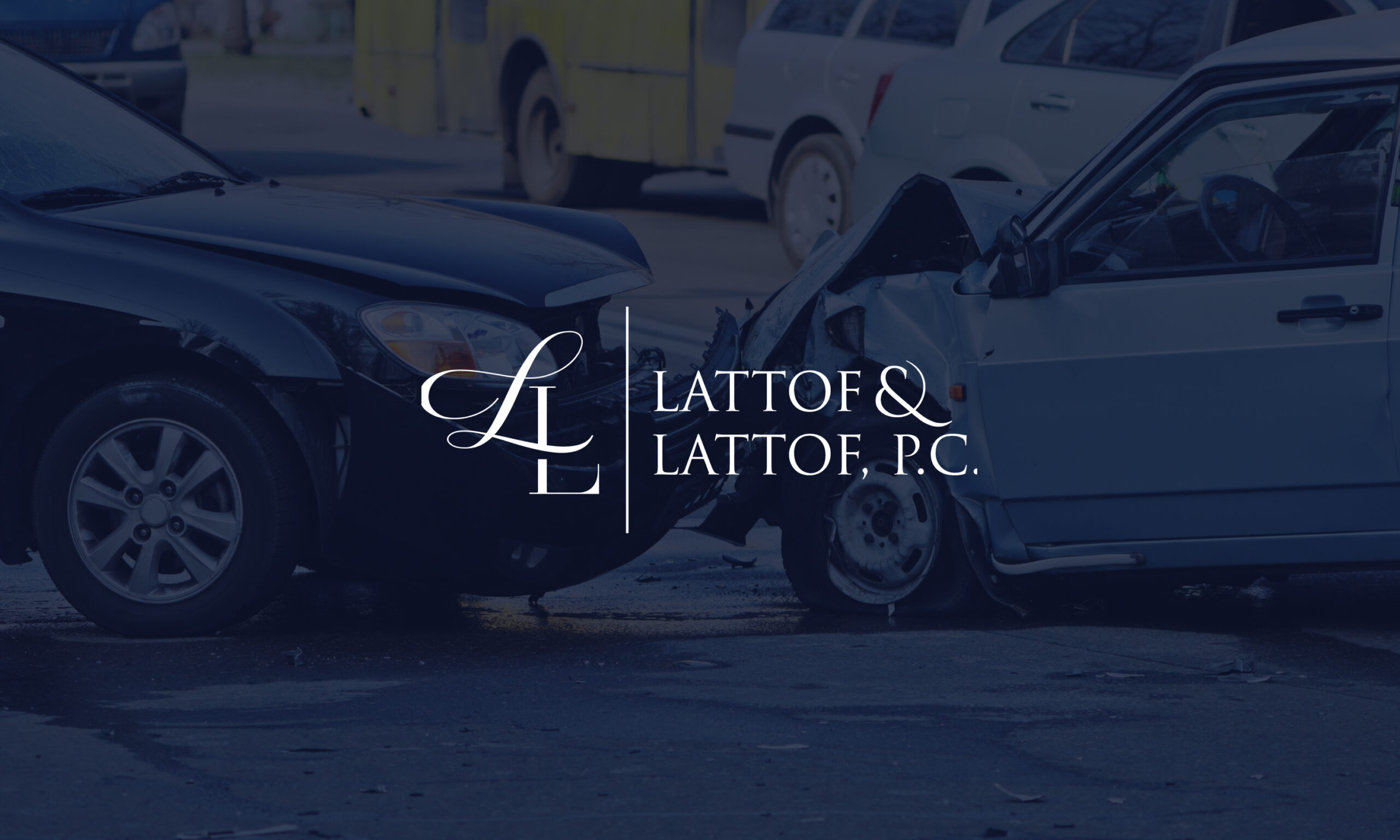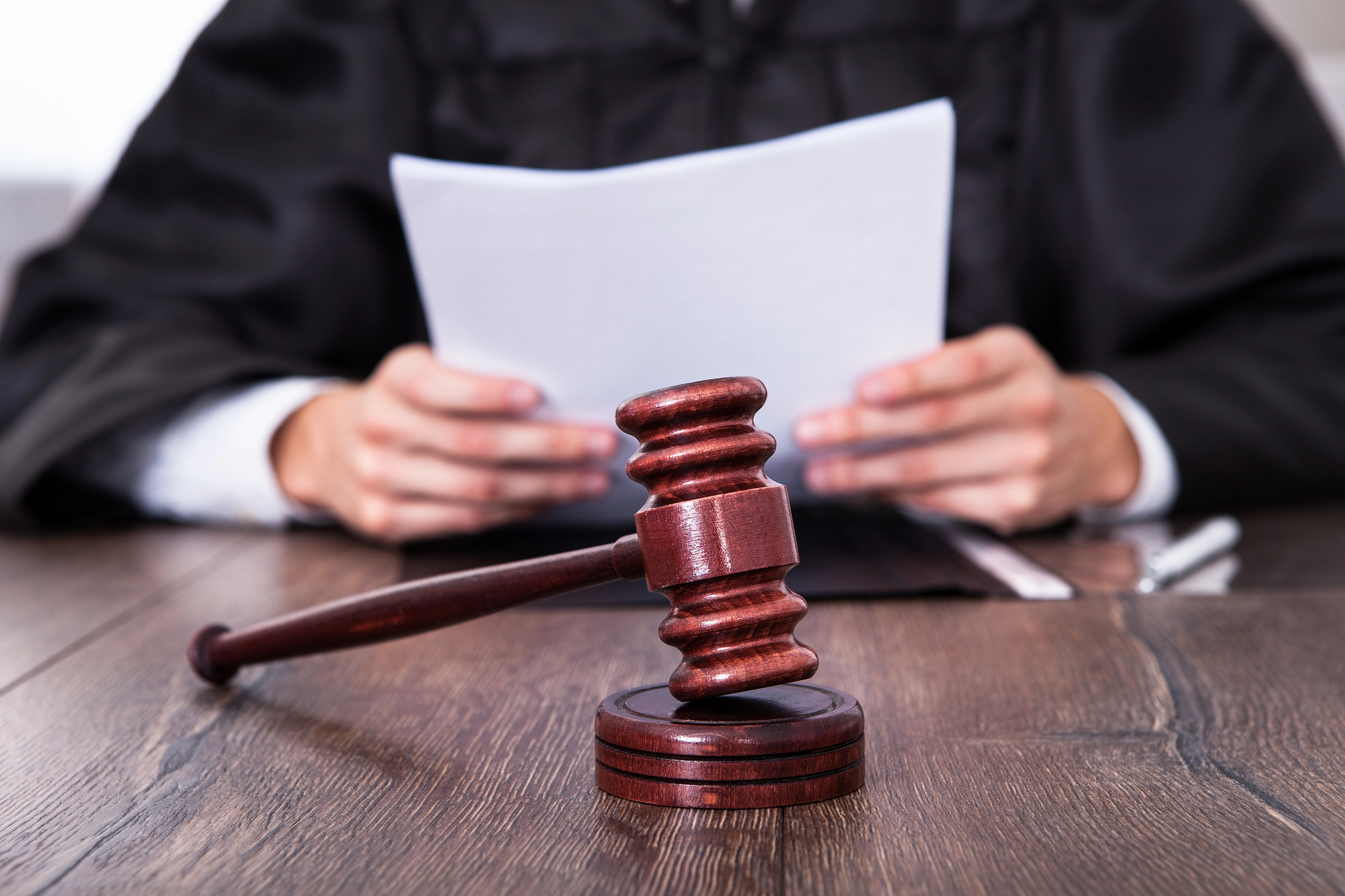Rear-end collisions are one of the most common types of car accidents. These types of crashes occur 1.7 million times and result in around 1,700 deaths and 500,000 injuries annually. These are tragic numbers and a sobering wake-up call, as many rear-end collisions are the result of distracted driving.
Because they are so common, there is a good chance that you or someone you know has been involved in a rear-end collision at some point in their life. And because even minor fender benders can result in injuries, it is important to know as much as possible about rear-end collisions and the neck and back injuries they can cause.
Here is what you need to know about rear-end collisions, how to avoid them, and what kinds of injuries they can cause.
Neck Injuries Caused By Rear-End Collisions
One of the most common injuries people sustain in a rear-end collision is whiplash. Whiplash occurs when the back car hits the front car causing the front car’s driver’s neck to move forward and back rapidly in a whip-like motion. While not every case of whiplash is severe, and in many cases is healed within a few weeks with limited medical intervention, it can be a serious injury.
Symptoms of whiplash include:
- Headache
- Dizziness
- Stiff neck
- Difficulty concentrating
It is also worth noting that symptoms of whiplash might not manifest themselves immediately. Even if you feel fine after a rear-end car collision, you may want to seek medical attention as soon as possible. Trained medical professionals will be able to determine the extent of your injuries and tell you what to watch out for as you progress.
Back Injuries Caused By Rear-End Collisions
Back injuries are another common type of injury caused by rear-end collisions and can range in severity from minor all the way up to life-altering and debilitating. Some of the most common back injuries include:
- Spinal fractures
- Herniated disks
- Partial or complete paralysis
Because the treatment for these different injuries varies greatly depending on their severity, it is important to consult a doctor immediately after a rear-end collision. If your injuries are serious – especially if they involve the spine – the road to recovery could be long and include hospital stays, surgeries, medication, and physical therapy.
How to Avoid Rear-End Collisions
The main cause of rear-end collisions is distracted driving. Texting, drinking, or eating while driving can decrease your reaction time and increase the likelihood that you will run into the car in front of you. In order to avoid causing a rear-end collision, it is advised that you refrain from these activities, and others like them while you are driving.
It is worth noting that if you do hit the car in front of you because you were distracted, you could be found at-fault for the other drivers’ injuries and be required to compensate them for any financial loss they have incurred.
What’s more, is that distracted driving can keep you from receiving damages for injuries sustained in an accident if you were partially at-fault for your injuries. This is known as contributory negligence. While many states have shifted to comparative negligence laws, Alabama is a contributory negligence state, meaning if you are even 1% at-fault for an accident, you cannot receive damages.
What to Do if You Have Been in a Rear-End Collision
As noted above, if you have been in a rear-end collision, you should seek medical attention as soon as possible. You should also keep all records and bills related to the treatment you receive for the injuries you sustained in the accident.
Also, never admit fault at an accident scene. Because of Alabama’s contributory negligence law, if you admit fault, you will be unable to receive compensation from the other party for your injuries—even if they were mainly to blame for the accident. The time for determining fault is not at the accident scene. That should be conducted later on with the assistance of a skilled lawyer.
After the accident and collecting the bills and other documentation related to it, the next step is to contact a qualified personal injury lawyer. A skilled lawyer that specializes in handling car accidents is an invaluable resource for helping to determine what to do next in your case.
A lawyer will work with you to establish your case, determine your economic and non-economic damages, and draft a demand letter on your behalf in which they persuasively explain to the other party’s insurance company the amount of compensation you are entitled to. And, if your case progresses, either toward a settlement or a trial, they will advocate for you to make sure you get the money you deserve.



